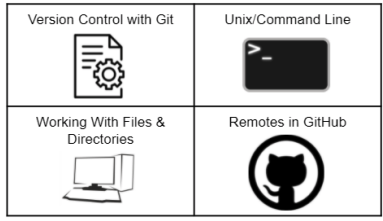Course overview:
The Carpentries virtual training workshop was a pre-course to our bioinformatics NGS course. The main focus for this virtual training was to introduce some powerful tools that would allow users to perform complex and powerful tasks, often with just a few keystrokes or lines of code. This helped participants to automate repetitive tasks, easily combine smaller tasks into larger and more powerful workflows.
The virtual training covered:

NO experienced with a particular software was required to attend the workshop. All prerequisites were addressed during the online training and links were provided to the introductory material.
Logistics:
- Venue of course: Online through Zoom
- Dates for the course: 5-7 October 2021
- Participation: The course is available to any participant who is able to attend the Zoom sessions and the interactive hours with the course instructors for the days of the course
- Participant applications
- Registration for participants opened: 13 September 2021
- Registration for participants closed: 25 September 2021
Objectives and expected outcomes:
- The Carpentries virtual training workshop on Linux was 3 hours a day for 3 days, designed to introduce the utilization of Unix/Command Line, which is fundamental to a wide range of advanced computing tasks. The course also provided an introduction to high-performance computing. The training included live Q&A sessions with experts over Zoom and group discussions.
Course limitations:
- The Carpentries virtual training introduced participants to the Unix/Command Line and GitHub, focusing on a basic overview, functionality and features. This was not an advanced course, offered basic skills for research computing.
Intended audience:
- Software Carpentry has been teaching researchers the computing skills they need to get more tasks done in less time. The course offered those who wanted to learn the foundational skills to work effectively and reproducibly with data and code such as Unix/Command line. Then the course empowered participants to learn new skills and build confidence in using them in their line of work.
- Training partners included: UCT, CBIO-H3ABioNet